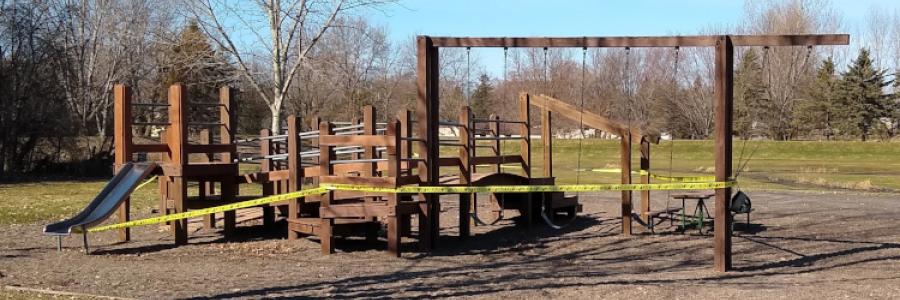I was 18, working on an Associates Degree in Electronics Engineering Technology at our local community college in Cicero, IL. Then—in the beginning of my second year of a two-year program—I sensed a clear call to ministry. What should I do? I knew: I completed my degree. Enrolling in the AAS program was not actually a mistake, but it was not where God was continuing to take me. Yet I had made a commitment and had seen too many examples of people who vacillated in one direction and then another. I did not want to be in that number. Besides, my family and friends already thought I had lost my mind when I told them I had become a born-again Christian and changed the way I lived. I did not want to give them more ammunition to bolster the idea that I had gone off the deep end.
There are occasions in life when we feel we have committed ourselves, but the original commitment was a mistake. If our commitment was to something overtly sinful, we know that God wants us to repent and abandon it. There are times when we must cut our losses. For example, investing good money after bad in an attempt to avoid loss can be a foolish action. I discourage “loss-avoidance” thinking; it is a natural but often foolish way to think.



Discussion